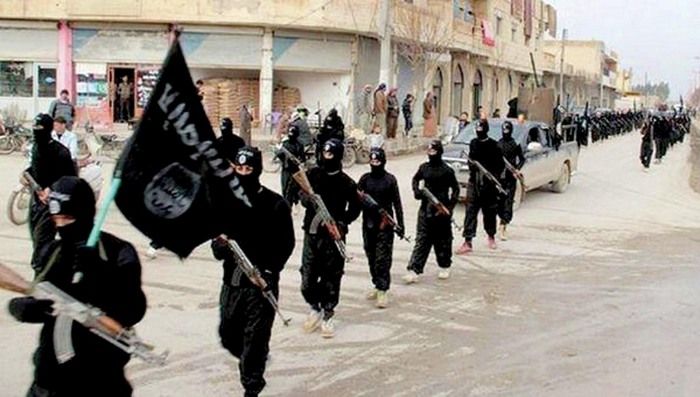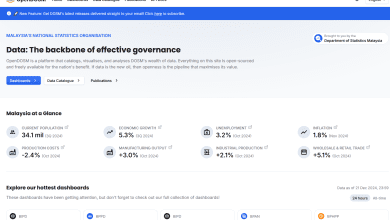

Editorial
By Fathol Zaman Bukhari
The possibility of returning Malaysian jihadists from the Middle East turning on fellow Malaysians, as cautioned by former Inspector General of Police (IGP) Tun Mohammed Hanif Omar, may happen. The likelihood of this happening is great if the government does not address problems relating to religious extremism that is hogging the limelight today.
Hanif was IGP for 20 years. His views were sought during an interview by a popular online news portal recently.
Issues which could prompt these misguided youths to target Malaysians are liberalism and the perceived threat posed by Christianity. There is a lingering fear that exposure to other beliefs would have a debilitating effect on Malay Muslims leading them to abandon their faith. It sounds absurd but that is the truth.
The longest-serving IGP spoke at length regarding the evolution of terrorism in Malaysia beginning with the formation of the Malayan Communist Party in 1930, the Brunei Revolt of 1962 and the militant activities of the North Kalimantan Communist Party in Sarawak. These threats and insurgencies were essentially Chinese-based, as they found traction with the Chinese immigrants who were working on the tin mines and the pepper plantations in Malaya and Sarawak, respectively.
The scenario today has changed dramatically. Terrorism and militant threats now emanate from the Malay Muslim community. The fact that some became willing converts to fight alongside the soldiers of the Islamic State of Iraq and Syria (ISIS) speaks volumes of the mentality of these youths. At last count some 40 Malaysians are with the ISIS forces in the Middle East. Three have been apprehended and charged in court. Many more have yet to return. The recent arrest of Malaysians attempting to join ISIS is good enough proof that the threat is real.
The rallying cry for these jihadist, said Hanif will be liberalism, as espoused by organisations such as Sisters in Islam and other like-minded Malay organisations. The constant haranguing by right-wing Malay groups Perkasa and Isma is a factor into itself. The unresolved issues relating to Malay-language bibles and the use of the word “Allah” among non-Muslims are bound to find commonality among those who have a bone to pick with non-Muslims in the country.
Comango or the Coalition of Malaysian NGOs had participated in the United Nation’s universal periodic review of human rights record of countries and is vocal of Malaysia’s mistreatment of sexual minorities. Muslim conservatives had accused Comango and other human rights groups of promoting a “liberal” agenda which would weaken the position of Islam in Malaysia. And this is further heightened by claims of a “Christianisation” agenda by those in favour of secularism.
Early Muslim militancy was ill-organised, ill-equipped, lacking in dogma and poorly-led. The Memali incident near Baling in 1985 was a case in point. It resulted in several policemen and PAS supporters being killed. Ibrahim Mahmud aka Ibrahim Libya wanted to form an Islamic country in Malaysia by way of force. He was killed when the police mounted an attack which many had claimed was unnecessary as an overwhelming force was used to quash a motley band of dissidents.
A 14-year-old survivor of Memali, traumatised by the event, went to Indonesia for further religious studies. He returned and formed an Islamist group, Al Maunah. On July 2, 2000, the group raided an armoury at an army camp in Gerik and set up base in a jungle fringe in Sauk. They eventually surrendered but not before killing a soldier and a policeman.
The returning jihadists are a different kettle of fish. They are highly motivated and are well trained, militarily. They had undergone the baptism of fire and are prepared to die for a cause – Islam. Drumming support for the setting up of an Islamic state will gain traction with a section of the Malay community who feel that their race and religion are edging towards oblivion.


